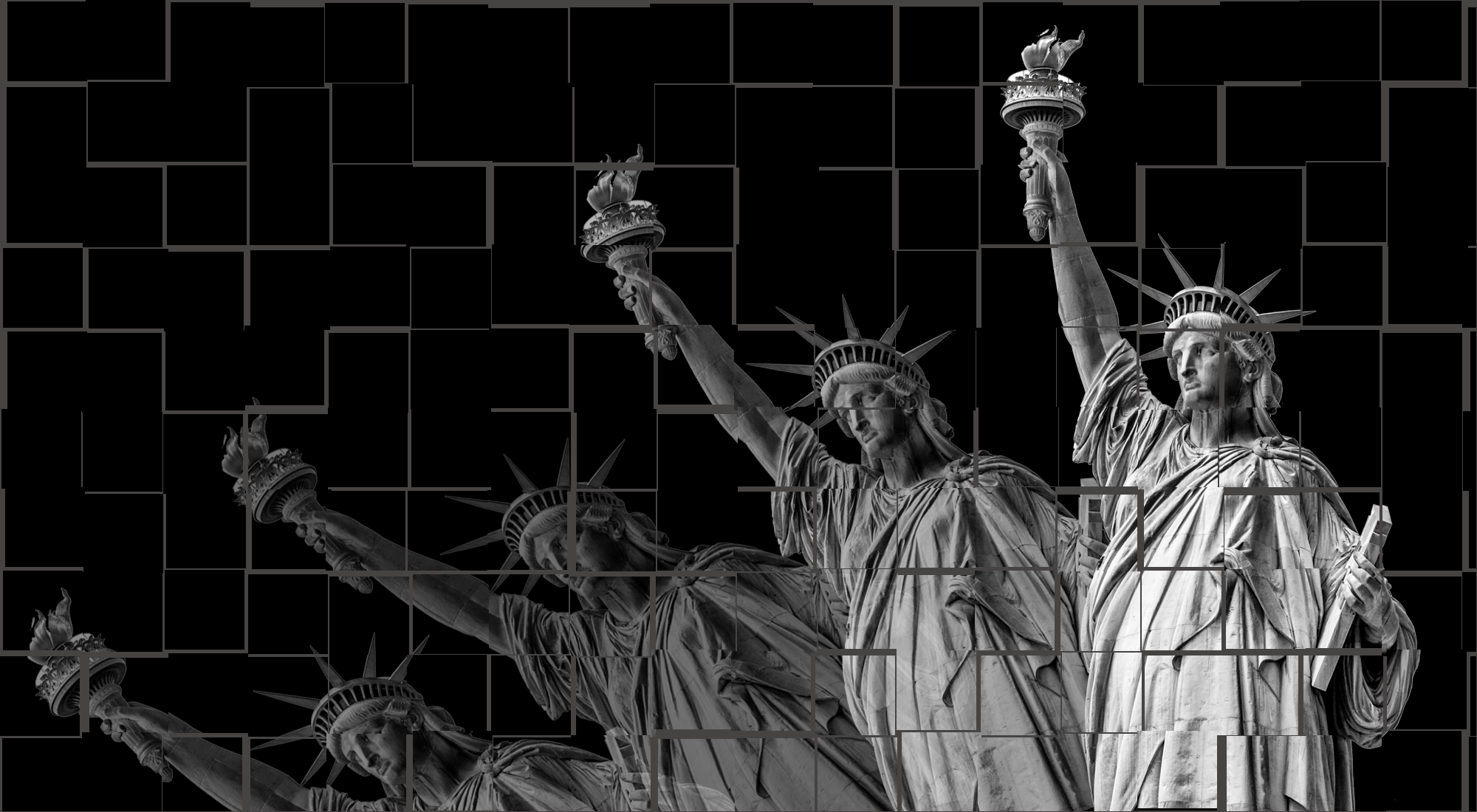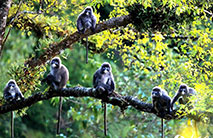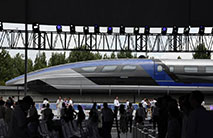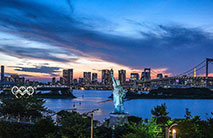Pew’s global attitudes survey of China is skewed

Illustration/People's Daily Online
Polls and surveys can be deceptive, not only because the preselected respondents are susceptible to bias, but also because the surveyed group may fail to represent the whole. No one knows that better than the American pollsters and pundits who overwhelmingly predicted a Hillary win in 2016—at one point, Hillary Clinton led Trump by 9 points in a Pew poll —only to find the election result heading in the other direction. That’s why erroneous polls were partly to blame for Hillary’s negligence in listening to the calls of people from the Rust Belt, which eventually cost her the presidency.
The same goes for the Pew Research Center’s series of surveys evaluating “China’s international image”, which provides another clue to how a flawed survey can amplify resentful voices while brushing off different opinions that do not uphold the “China is unpopular” narrative.
To better understand Pew’s spurious China-related surveys, one must first dive into the representativeness and diversity of the sample group.
At first glance, the titles are always something along the lines of “China’s International Image Remains Broadly Negative…”, “Large Majorities Say/View China…”, “Unfavorable Views of China Reach Historic Highs in Many Countries” and the like. A cursory reading of the charts and accompanying descriptions, however, will lead you to a much narrower story: what is claimed to be the “international image” is actually the views of thousands of people from 16 “advanced economies”, while “many countries” is just a combo of 14 nations.
Pew’s surveys are an attempt to reach a hasty generalization that the opinions of thousands of people from a dozen “advanced economies” are sufficient to illustrate the entire picture of one country’s global reputation. In Pew’s country lists, African countries and other developing nations are more often than not absent, as if they don’t exist in Pew’s world map, or their voices don’t matter that much as those of rich countries. It’s like playing only stringed instruments in a mini-concert and call it an orchestra.
Another thing that also raises eyebrows is the composition of the nations surveyed as part of Pew’s research. Of all the nations that Pew’s research suggests hold an unfavorable view of China, the U.S. has played a dirty part. America itself—well, asking its own people their top choice between China and the U.S., an absolutely “neutral and unbiased” practice. Canada—didn’t it unlawfully detain and put a Chinese citizen under house arrest aided and abetted by the U.S.? Australia and UK—well, aren’t they the US allies who blindly followed America’s lead in wars in Iraq, Afghanistan, and in the smear campaign against China? The Pew Research Center would do better by asking perpetrators’ attitudes towards the victim in school bullying cases and conducting an “unfavorable views of the bullied among classmates” survey.
It’s funny that Pew didn’t include China, Russia, Cuba, Iran, the Philippines and other nations in its sample group to conduct a global survey of “America’s international image”. The results would turn out to be very pretty.
After a thorough analysis, such surveys aren’t strange or even surprising. They are typical American pieces filled with self-styled values and ideologies of exceptionalism and isolationism. America is no stranger at throwing dirt on its competitors and rivals: in the last century there were the Soviet Union and Japan, and now it’s China. To win the image competition, America has consistently played certain tricks: it either makes a self-deceiving comparison like releasing a so-called “Covid Resilience Ranking” to save its collapsing pride, or makes its allies choose sides to show that the other nation has been “abandoned” by “mainstream support”, regardless of the opinions of developing countries, which it deems unworthy of forming alliances with.
Putting those dirty tricks into practice, the U.S. is creating enmity between China and its allies, including Canada, Australia, and some European nations, in order to profit from the bad blood. On the other hand, it is waging an across-the-board, international-level negative campaign against China, through floods of Sino-phobic surveys, news reporting, documents, TV shows and movies, political campaigns, forums, hearings, leaders’ summits, to name but a few, to convince the public into believing that China is an “evil and unpopular” nation.
But the truth hurts. As the U.S. crows about its “second to none” COVID-19 resilience, its coronavirus cases have nearly tripled in a fortnight, fed by misinformation on vaccines. It is the same case with America’s misinformation on China. As the U.S. propagates the idea of a “repressive and marginalized” China, the satisfaction with the Chinese government among Chinese people stands at over 90 percent, while Chinese vaccines and China’s philosophy of a community of shared future for mankind have received acclaim and support from African, Latin American and Asian countries, and beyond.
Pew’s so-called “global attitudes survey” has never been a representation of real-world attitudes. It’s much more like a fictional superhero comic that portrays America as a “problem-solver” and China as a “trouble-maker”. But tens of thousands of civilians who suffered horrific deaths in America’s brutal wars in Afghanistan and Iraq disagree, as do the victims of the Agent Orange that was recklessly sprayed during the Vietnam war by the U.S. army, which still hasn’t apologized, as well as the victims in its indigenous boarding schools, and minority groups who have been subject to long-standing discrimination and attacks…
With such a bad record both abroad and at home, the U.S. somehow still finds the courage to smear other nations to restore its broken “self-esteem” by lying to others and itself through ridiculous rankings, surveys, and articles. To borrow from the Danish philosopher Søren Kierkegaard, “There are two ways to be fooled. One is to believe what isn’t true; the other is to refuse to believe what is true.” America is fooling itself into believing it’s not being fooled.
Photos
Related Stories
- "Tech war" between U.S., China to cost world dearly: media
- U.S. companies still want to operate in China: media
- U.S. deputy secretary of state to visit China: FM spokesperson
- US turns cyberspace into another anti-China battlefield, ‘futile to contain Beijing'
- Scholar says China's rise not necessarily lead to "Thucydides trap"
Copyright © 2021 People's Daily Online. All Rights Reserved.










